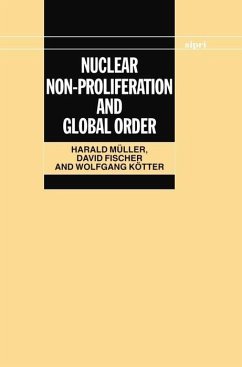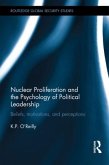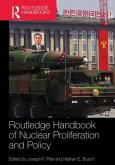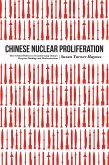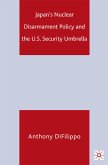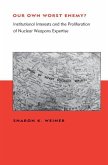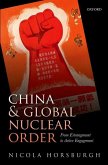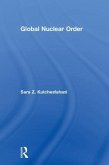This book presents different views on nuclear disarmament and arms control and includes a brief history of nuclear non-proliferation policy and the nuclear test ban issue. It describes the history and results of the 1990 Non-Proliferation Treaty Review Conference and the 1991 Partial Test Ban Treaty Amendment Conference. The work discusses potential consensus or dissension regarding future nuclear proliferation and the test ban and the prospects for an extension of the NPT. The work also covers the possible threat of a new North-South divide over these issues.
What do arms control and disarmament mean for the political order of the world, and how does nuclear proliferation relate to them? What are the prospects for global order in a world of unequal states? These questions provide the general point of departure for this book. Specifically. the book briefly recounts the development of global nuclear non-proliferation policies, and the test ban issue, followed by a detailed examination of the developments between the Third and Fourth NPT Review Conferences. The organization and work of the Fourth NPT Review Conference are outlined, and the issues as they appeared in the general debate are surveyed. The work of the various committees charged with producing a consensus in the most contested areas is reviewed, and the final outcome is discussed. The significance of the PTBT Amendment Conference is assessed, beginning with the controversies which existed at the outset. Both the Meeting in May-June 1990 and the Conference itself in January 1991 are reviewed. The consequences of the 1991 Persian Gulf War for the non-proliferation regime are considered, as are the responses of the international community to the proliferation-relevant aspects of this dramatic international event. The final chapter of the book addresses several questions. What are the prospects for extending the NPT in 1995? Are there serious prospects for progress in further curtailment of nuclear testing? If so, how does this affect the future of the NPT? Finally, this book attempts to draw conclusions concerning the prospects for establishing reliable, tenable and enforceable world-wide rules for the control and reduction of weapons of mass destruction.
Hinweis: Dieser Artikel kann nur an eine deutsche Lieferadresse ausgeliefert werden.
What do arms control and disarmament mean for the political order of the world, and how does nuclear proliferation relate to them? What are the prospects for global order in a world of unequal states? These questions provide the general point of departure for this book. Specifically. the book briefly recounts the development of global nuclear non-proliferation policies, and the test ban issue, followed by a detailed examination of the developments between the Third and Fourth NPT Review Conferences. The organization and work of the Fourth NPT Review Conference are outlined, and the issues as they appeared in the general debate are surveyed. The work of the various committees charged with producing a consensus in the most contested areas is reviewed, and the final outcome is discussed. The significance of the PTBT Amendment Conference is assessed, beginning with the controversies which existed at the outset. Both the Meeting in May-June 1990 and the Conference itself in January 1991 are reviewed. The consequences of the 1991 Persian Gulf War for the non-proliferation regime are considered, as are the responses of the international community to the proliferation-relevant aspects of this dramatic international event. The final chapter of the book addresses several questions. What are the prospects for extending the NPT in 1995? Are there serious prospects for progress in further curtailment of nuclear testing? If so, how does this affect the future of the NPT? Finally, this book attempts to draw conclusions concerning the prospects for establishing reliable, tenable and enforceable world-wide rules for the control and reduction of weapons of mass destruction.
Hinweis: Dieser Artikel kann nur an eine deutsche Lieferadresse ausgeliefert werden.

